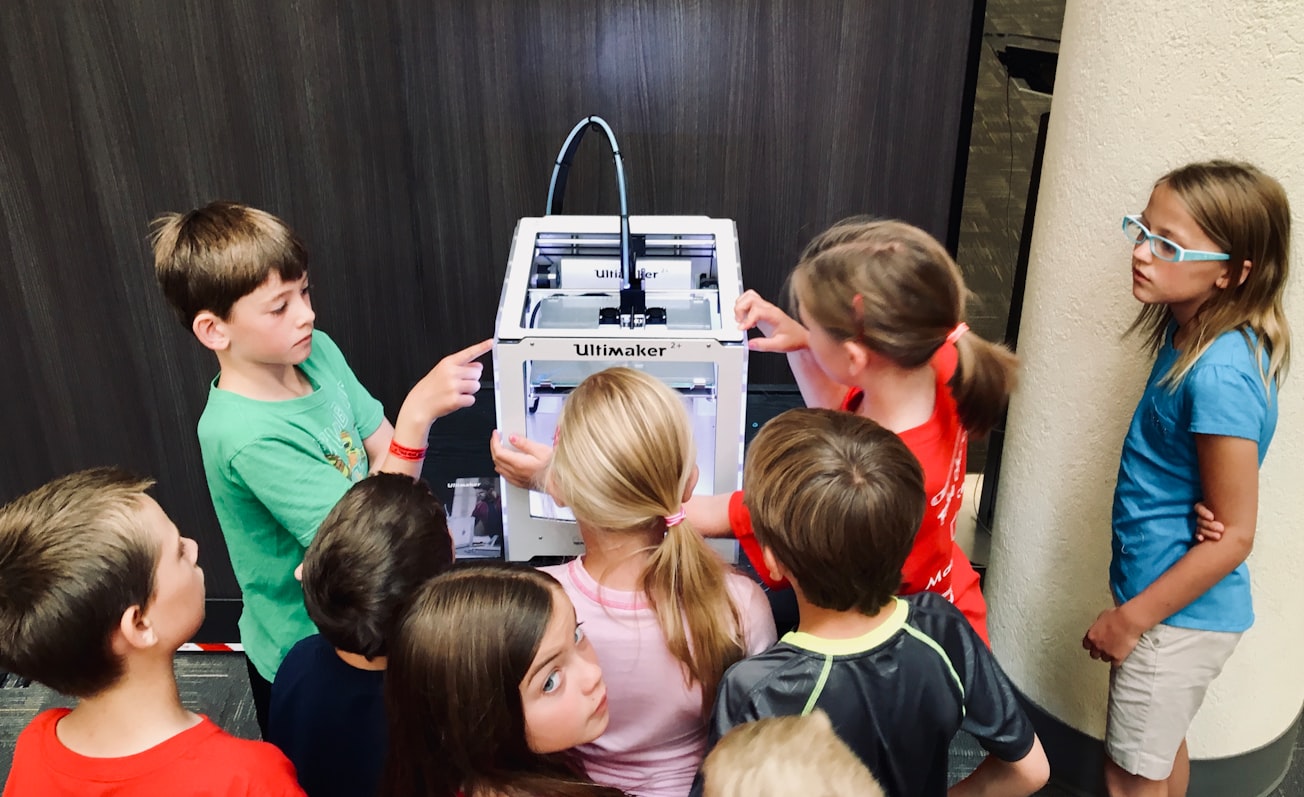What is it about?
Language that introduces science as an identity -- such as "Let’s be scientists! Scientists discover new things" -- suggests to children that "scientists" are a special and distinct type of person and that success in science depends not on what one does, but on who one is. We found that this type of identity-focused science language is the most common type of language used to introduce children to science in popular PBS children's shows and prekindergarten classrooms. Furthermore, by tracking children's science beliefs and engagement during the prekindergarten year, we found that children who were exposed to less identity-focused language from their teachers developed increasingly inclusive science beliefs and greater science engagement over time.
Featured Image

Photo by Adam Winger on Unsplash
Why is it important?
Our findings show that subtle linguistic cues that lead to science disengagement among young children are highly prevalent in children's daily contexts, including in the television shows they watch and the prekindergarten classrooms they attend, and that children are sensitive to these linguistic cues even in the noisier, more variable natural contexts in which they are exposed to them. Therefore, this research sheds light on a modifiable feature of young children's linguistic contexts -- replacing this type of identity language with action-focused science language, such as "Let's do science!" -- that could be targeted to increase science engagement among all children.
Perspectives
This research was especially rewarding for me because it not only documented the prevalence of maladaptive linguistic cues in children's real-life, daily contexts outside of the lab but also provided a clear direction on how to reduce this type of harmful input. I hope that this research will help inform children's media and teachers on how to modify the language they use to teach children science and ultimately lead to greater inclusivity and engagement in science.
Michelle Wang
New York University
Read the Original
This page is a summary of: How children’s media and teachers communicate exclusive and essentialist views of science and scientists., Developmental Psychology, April 2022, American Psychological Association (APA),
DOI: 10.1037/dev0001364.
You can read the full text:
Contributors
The following have contributed to this page







